Anxiety is a natural and normal reaction everyone experiences from time to time. People feel anxiety in situations that they think are threatening or dangerous in some way. Sometimes anxiety, when not too intense, can be helpful, such as when trying to cross a very busy road or doing something risky.
Anxiety affects a person’s thoughts, feelings in the body, and behaviour or actions.
When a person is anxious, their thoughts are focused on what could go wrong, and it can become very difficult to concentrate on other things.
Along with a change in thinking, changes occur in the body. This is known as the Fight-Flight response. The Fight-Flight response prepares the body to deal with a threat or danger. These changes can include an increase in heart rate, more rapid breathing, sweaty palms, feeling shaky, and dizziness or feeling light-headed.
When someone is feeling anxious, their behaviour can also be affected. This could involve trying to leave the situation causing anxiety, or doing something that helps reduce the anxiety. For example, when giving a speech, a way to reduce anxiety might be to avoid looking at the audience.




